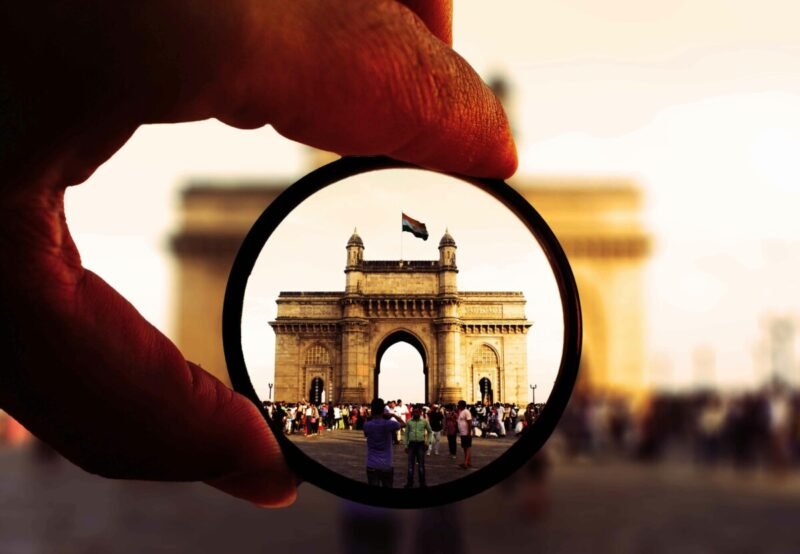When most people think of crime, they imagine theft, drug dealing, or violence. But beneath the surface of everyday life lies a darker, more widespread form of exploitation — human trafficking, the silent industry that profits from the buying and selling of people. It’s not only one of the most horrific crimes in existence, but also the most common and deeply rooted in our global society.—What Human Trafficking Really IsHuman trafficking isn’t limited to kidnapping or smuggling. It’s the systematic control and exploitation of people for profit, often through force, fraud, or manipulation. It can take many forms:
Sex trafficking: People, especially women and children, are coerced into prostitution or sexual acts.
Labor trafficking: Victims are forced to work in farms, factories, construction sites, or homes under threats or false promises.
Organ trafficking: In some parts of the world, organs are taken and sold on the black market.What makes trafficking so pervasive is that it exists everywhere — from the richest countries to the poorest — and often operates under legal industries that look completely normal on the surface.
Why It’s the Most Common Crime
1. It’s Profitable — and Hard to Detect
Trafficking generates an estimated $150 billion per year, according to the International Labour Organization. Unlike drugs or weapons, humans can be sold repeatedly. A single victim can bring ongoing profit to a trafficker, making it the perfect business model for those without morals.
2. It’s Hidden in Plain Sight
Victims often appear to be “normal workers” — domestic servants, construction workers, or even social media influencers under contract. Many are trapped by debt, threats, or psychological control. Because of this, even neighbors or coworkers may not realize someone is enslaved.
3. It’s Enabled by Globalization and Technology
The internet, cheap travel, and global trade have made trafficking easier. Recruiters use social media to find victims, fake job ads to lure migrants, and encrypted messaging apps to coordinate their operations.
It Exists in Every Economy
Human trafficking doesn’t just happen in developing nations. Western countries depend on cheap, hidden labor in industries like agriculture, cleaning, and hospitality — and traffickers exploit that demand. Every time someone seeks the cheapest possible service or product, they may unknowingly support a chain that involves human slavery.
The Connection Between Modern Life and Exploitation
Human trafficking thrives on ignorance and demand. People want cheap labor, cheap goods, and endless entertainment. Traffickers simply fill that demand. Whether it’s a sweatshop shirt, an underpaid migrant worker, or a sex worker trapped in a coercive system — these are all reflections of the same hidden economy.In many ways, trafficking is the backbone of modern society’s darker side. It’s in the food we eat, the clothes we wear, and even the online content people consume without question.
Why It Continues Unchecked
The biggest reason trafficking is so common is that it hides behind legal systems and social silence. Victims often fear deportation, police corruption, or retaliation. Governments are slow to act, and most people prefer to look away. As a result, the problem keeps regenerating itself.
Laws exist, but they mean little when the demand for cheap labor and sexual exploitation remains high. Traffickers don’t need guns or large networks — just people who are desperate, isolated, or misled.
What Can Be Done
Raise awareness: Recognizing the signs of trafficking is the first step.Buy consciously:
Support ethical brands and local businesses that verify their labor sources.
Support survivors: Volunteer or donate to organizations that help victims rebuild their lives.
Educate others: Especially the young, who are most at risk of recruitment through social media.
Human trafficking isn’t a distant, isolated crime — it’s the quiet epidemic woven into the fabric of daily life. It’s the hidden cost of our convenience, entertainment, and consumption. Until society stops turning a blind eye to exploitation and starts valuing human dignity above profit, human trafficking will remain the most common crime on Earth — and the one we are all, in some way, connected to.
